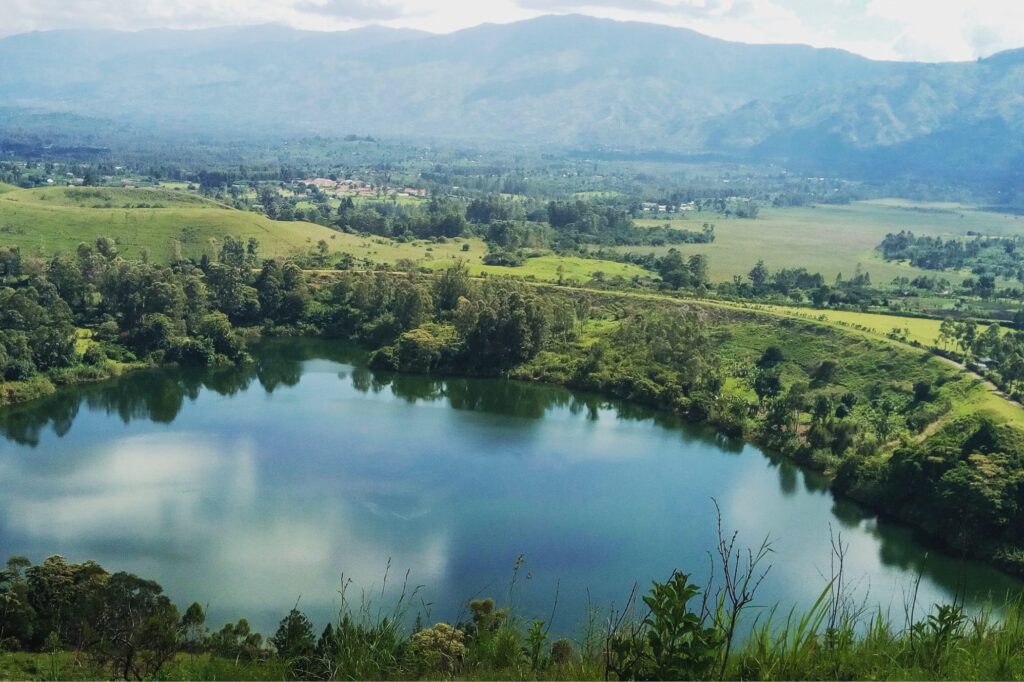Sierra Leone
Science Granting Council
Summary
Promote access to quality tertiary and vocational education through appropriate policies and legislation as well as skills development for the advancement of education in Sierra Leone.
Council details
The National Science, Technology and Innovation Council of Sierra Leone (NSTIC-SL) plays a key role in using science to improve lives. Established in 2020, the council was created to promote innovation, advance knowledge, and support socio-economic development through research.
NSTIC-SL aims to enhance the quality of life for all Sierra Leoneans. It achieves this by supporting research, raising funds, and promoting collaboration between government, academia, and industry. The council also helps shape policy and legislation to improve access to quality tertiary and vocational education across the country.
NSTIC-SL is guided by the Ministry of Technical and Higher Education and works to build an inclusive science and innovation ecosystem in Sierra Leone. It champions local solutions to local challenges and strengthens national capacity for development-driven research.
NSTIC-SL’s Participation in the SGCI
Since 2020, NSTIC-SL has participated in the Science Granting Councils Initiative (SGCI) as an observer. In 2023, it became a full member. This involvement has been vital for building the council’s capacity and influence.
Through SGCI, NSTIC-SL has benefited from technical support and professional development. One key achievement is its participation in the Evi-Pol training, hosted by South Africa’s Human Sciences Research Council. This programme, led by CeSTII, equips researchers with tools to design evidence-based STI policies and adapt to digital transformation.
The SGCI partnership has helped the council gain experience, forge new networks, and apply lessons from across Africa to its national context.
Leadership Perspective
Dr Samba Sesay, Programme Implementation Manager at NSTIC-SL, emphasises the council’s mission to serve as a driver of progress. In this interview, he highlighted the council’s role in building a strong science culture and promoting evidence-based policymaking.
With SGCI support, NSTIC-SL continues to grow its impact, ensuring research and innovation serve the people of Sierra Leone.
Impact we’re having
Stories of change
Low-tech health app engages
Five years after its launch, PENSA – a mobile app developed in Mozambique— has been accessed by…
SGCI funded projects
Sorry, we couldn't find any posts. Please try a different search.
Related News
Voices of SGCI: Council leaders on the direction and ambition of SGCI 3
At the African Union’s Science, Technology and Innovation Week in Addis Ababa, earlier this month, leaders of science granting councils reflected on what SGCI Phase 3 represents for Africa’s science and innovation systems. From ownership and alignment to stewardship and sustainability, here are their voices…
Building Africa’s science future: inside the SGCI alliance
As Phase 3 of the Science Granting Councils Initiative launches on the margins of the African Union Summit in Addis Ababa last week, the SGCI Alliance Chair explains why this moment marks a decisive turning point for African science. Cephas Adjei Mensah describes what is…
Open call: Support for science granting councils in Sub-Saharan Africa
The International Development Research Centre (IDRC), through the Science Granting Councils Initiative (SGCI), has launched a call for proposals to support science granting councils in Sub-Saharan Africa in the establishment and operationalisation of the Capacity Strengthening Hub under Phase III of the SGCI-3. The Hub…





